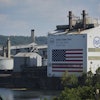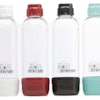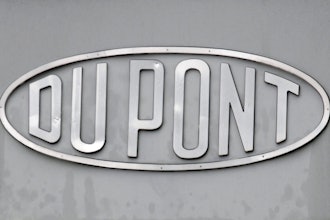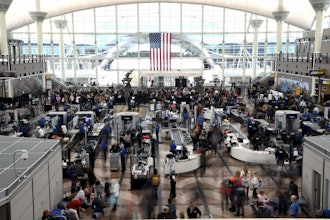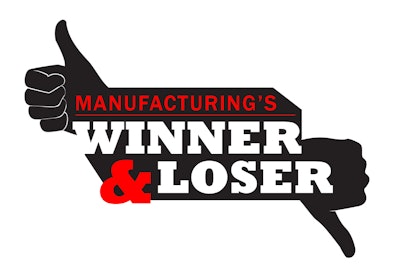
This week's winner and loser are both from the food manufacturing sector. The winner is making healthy ingredient changes; the loser is facing drastic measures to avoid a virus.
Winner
General Mills released seven updated cereal recipes as a part of its commitment to remove artifical flavors and colors from all cereals by 2017.
The company announced that consumers can now enjoy Trix, Reese's Puffs, Cocoa Puffs, Golden Grahams, Chocolate Cheerios, Frosted Cheerios and Fruity Cheerios with no artifical colors or flavors and no high fructose corn syrup. General Mills, in an attempt to keep in step with the new 2015 Dietary Guidelines, has made whole grains the first ingredient in all of its cereals.
The new recipes include ingredients such as fruit and vegetable juices, spice extracts and natural vanilla among others in order to acheive bright colors and natural flavors.
With consumers increasingly moving away from artificial ingredients and more toward natural and organic foods, this very likely is a good step to win back business and stay competitive.
Loser
Poultry farms in southwest Indiana are fighting to end a bird flu outbreak that has resulted in the killing of more than 400,000 birds.
More than 245,000 turkeys had been euthanized last week in addition to 156,000 chickens that were deemed high risk for contracting the virus.
State animal health officials say the birds euthanized at the 10 commercial farms were killed to prevent the spread of the H7N8 strain, and approximately 13,000 additional turkeys at two of the farms were killed Wednesday. The industry also struggled last year when a different virus, the H5N2, led to the deaths of 48 million birds.
This not only creates a problem for the farms, but in the supply chain because losing the egg-laying birds means a shortage of eggs and increased prices. It also affects exports, because trade partners refuse to purchase from affected areas.

